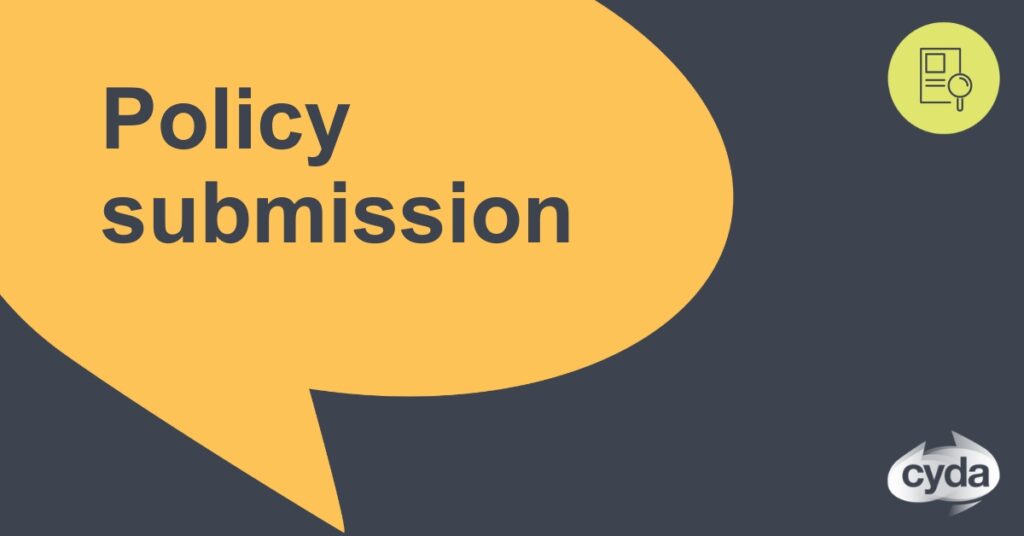The inclusion of education and skills as an outcome area in the State Disability Plan and the Victorian Government’s investment in the Disability Inclusion: Education for All are both welcomed commitments and strategies towards ensuring students with disability have equitable education and learning opportunities. However, these policies still lack clear targets and measurable activities that will lead to the realisation of inclusive education.


